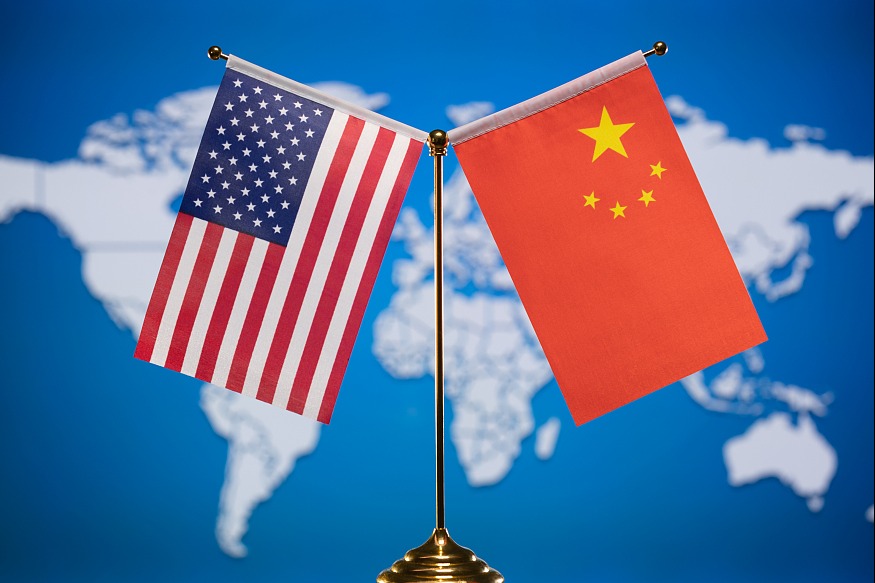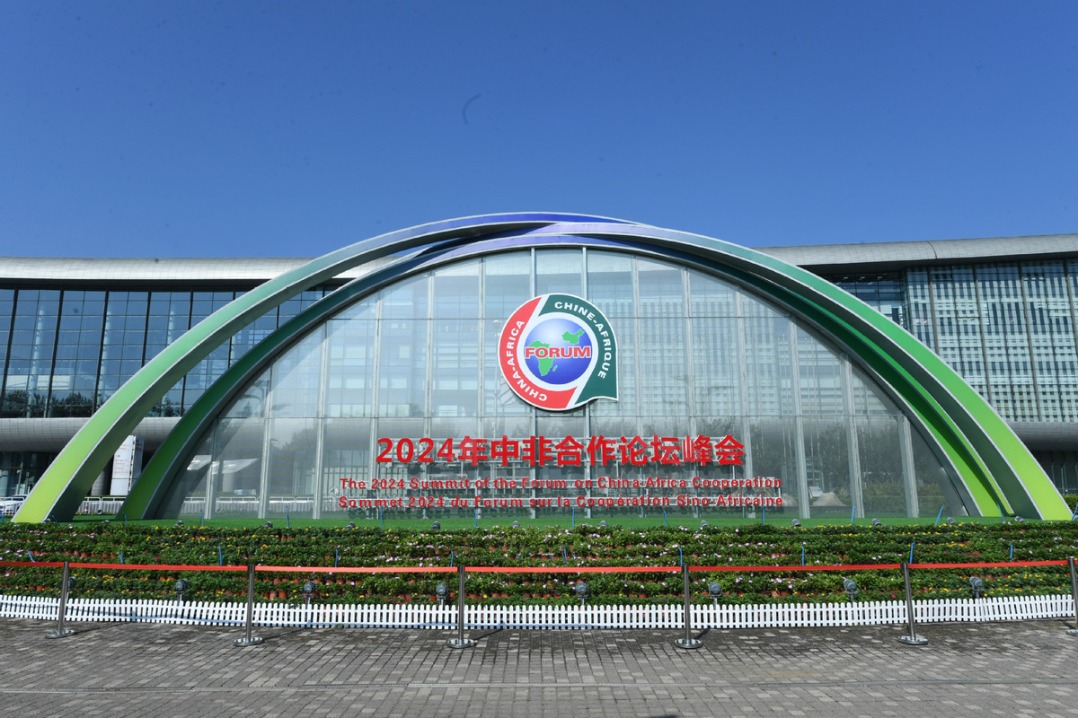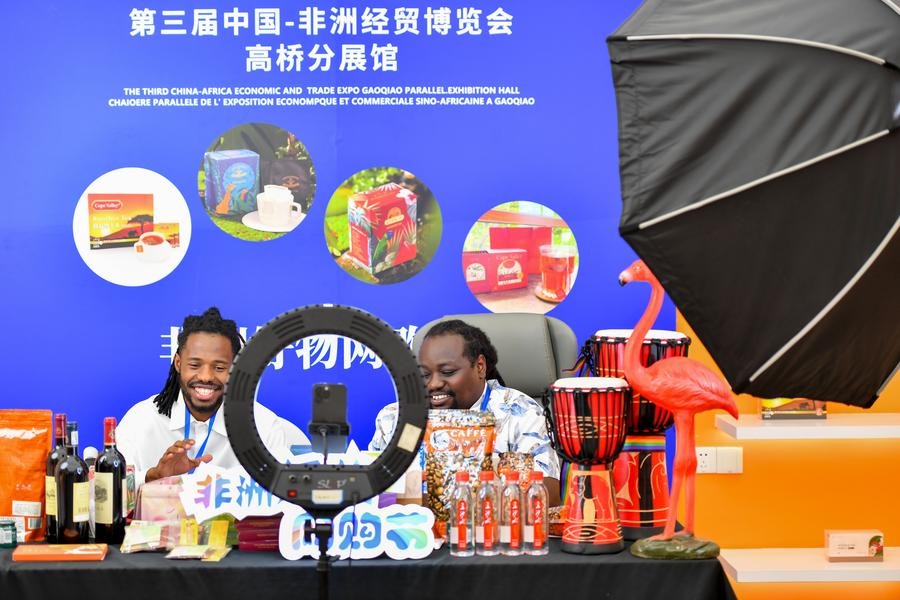Biden administration's 'chip club' a flop in all but name


The Republic of Korea's exports to China in July increased by 14.9 percent year-on-year, hitting $11.4 billion, the highest since October 2022. In the first seven months of this year, the ROK's total exports to China reached $74.8 billion, surpassing its $74.5 billion exports to the United States. China thus became the ROK's largest export market again after the US surpassed China to claim that distinction last year.
It was the fast rise of ROK semiconductor exports to China in July, up 39.1 percent year-on-year, that has prompted the change. These exports accounted for nearly one-third of the ROK's exports to China that month.
The continued trade-suppression moves of the US have not changed China's dual identity as a global production base for various IT products and a huge market. It is thus difficult for the US allies to find a substitute to replace China in their economic and trade engagement. That explains why the Joe Biden administration still cannot hold a united front with its allies in the "chip war" it started waging against China nearly three years ago.
As the US presidential election approaches, the uncertainty of domestic politics in the US has increasingly disposed most US allies to distance themselves from the Biden administration's export control measures targeting China.
It is the pushback from those coerced and cajoled to join the "chip club" that has prompted the Biden administration to consider giving the green light for companies from more than 30 allies to provide high-end chip manufacturing equipment to China, including ASML of the Netherlands and Tokyo Electron of Japan, in a bid to save face since its allies have actually never stopped trading with China. Many US allies, including the Netherlands and Japan, have seen a steady surge in chip-related exports to China these years, as confirmed by the ROK's latest trade data.
But it should be pointed out that the demands of these US allies are not uniform as they are affected by their respective geopolitical strategies and considerations. For instance, although both the ROK and Japan attach great importance to trade with China, unlike the former's continuous efforts to promote regional reconciliation and cooperation, the Japanese government is seeking to expand its trade benefits with China on the one hand, and on the other hand, it does not want to completely give up its efforts to accelerate its own military rise and national "normalization" by taking advantage of the Biden administration's China-containment strategy as a veneer of "legitimacy".
The US is not a real friend, and China is not a real enemy. It is Tokyo that chooses to regard them as such so it can secure as much advantage as it can for its own narrow calculations.


































